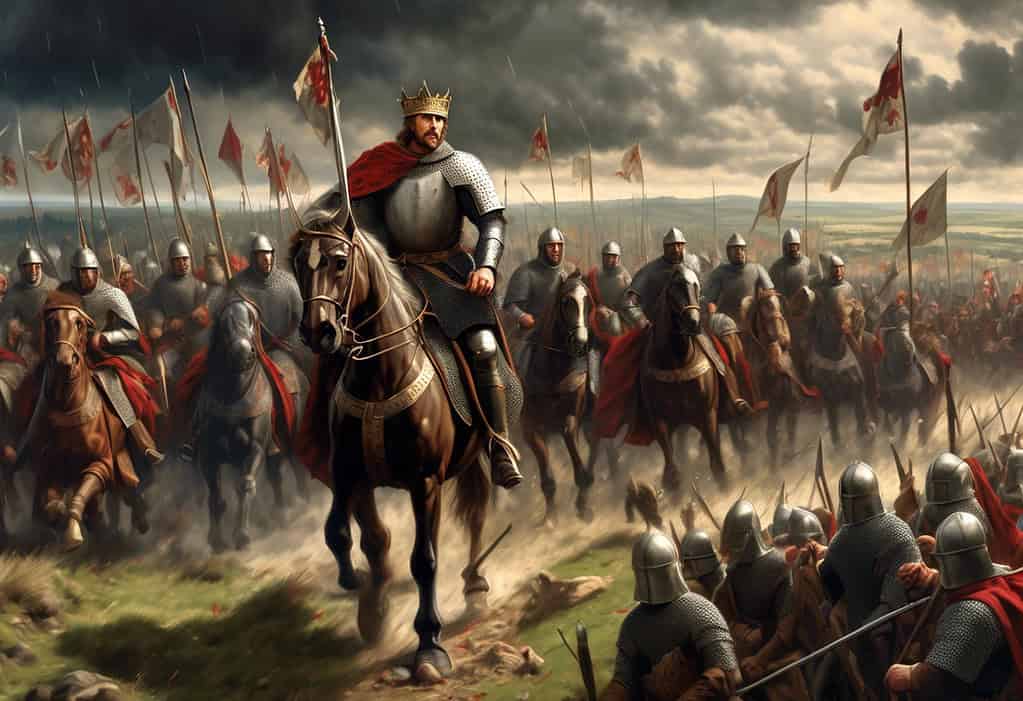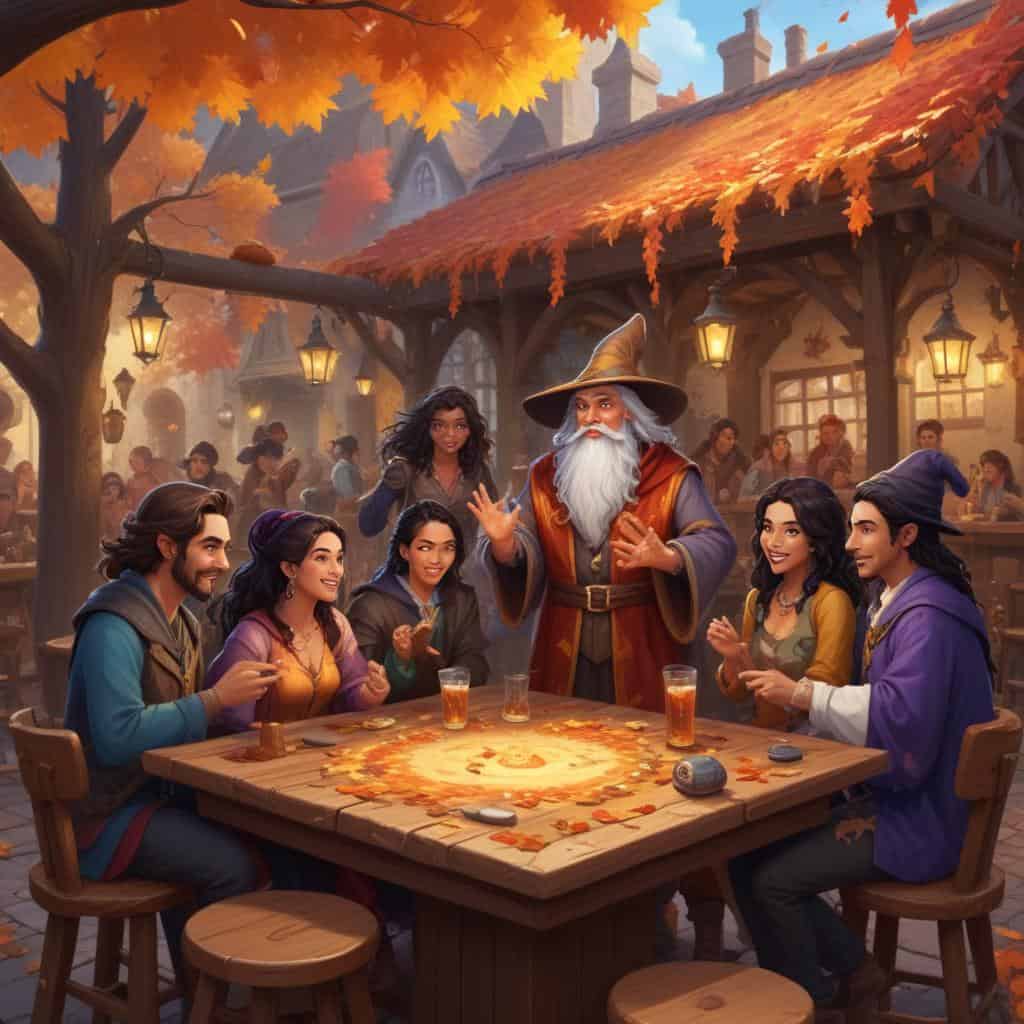The Plantagenet Era was a period in English history, known for its powerful royal family. It lasted from 1154 to 1485. The Plantagenet kings were known for their wars, political intrigue, and cultural achievements. This era saw the rise of famous monarchs such as Henry II, Richard the Lionheart, and Edward III. The Plantagenet Era shaped the future of England and left a lasting impact on the country's history.
Summary List
- The Plantagenet era was a period of English history that lasted from 1154 to 1485.
- The Plantagenet dynasty was one of the most powerful and influential royal families in England.
- The era saw significant developments in English law, government, and culture.
- The Plantagenet era included famous kings such as Richard the Lionheart, King John, and Edward III.
- The era ended with the defeat of Richard III at the Battle of Bosworth Field in 1485, leading to the start of the Tudor dynasty.
Games And Apps
Learning Modules
Battle of Lewes (1264)
The Battle of Lewes in 1264 was a pivotal clash in the Second Barons' War, resulting in the capture of King Henry III and his son Edward.
I Want To Learn This!Battle of Evesham (1265)
The Battle of Evesham in 1265 was a decisive victory for Prince Edward of England against Simon de Montfort's rebel forces during the Second Barons' War.
I Want To Learn This!Conquest of Wales (1277-1283)
The Conquest of Wales (1277-1283) marked the successful military campaign by King Edward I of England to conquer and annex Wales into the English realm.
I Want To Learn This!First War of Scottish Independence (1296-1328)
The First War of Scottish Independence was a conflict between Scotland and England over Scottish sovereignty, culminating in the Battle of Bannockburn in 1314.
I Want To Learn This!Battle of Falkirk (1298)
The Battle of Falkirk (1298) was a decisive conflict in the First War of Scottish Independence, where English forces led by Edward I defeated Scottish rebels.
I Want To Learn This!Battle of Bannockburn (1314)
The Battle of Bannockburn in 1314 marked Scotland's decisive victory against English forces, securing independence for the nation.
I Want To Learn This!Hundred Years’ War begins (1337)
The Hundred Years' War began in 1337, sparking a centuries-long conflict between England and France for control of the French throne.
I Want To Learn This!Black Death sweeps through Europe (1347-1351)
Devastating plague decimates European population, spreading fear and death across the continent in one of history's deadliest pandemics.
I Want To Learn This!Peasants’ Revolt in England (1381)
The Peasants' Revolt of 1381 was a major uprising in England against oppressive taxes and feudal exploitation, led by rebel leader Wat Tyler.
I Want To Learn This!Battle of Agincourt (1415)
The Battle of Agincourt (1415) saw a decisive English victory over the French, immortalized by Shakespeare in Henry V.
I Want To Learn This!Wars of the Roses begin (1455)
The Wars of the Roses began in 1455, marking the start of a bloody and tumultuous period in English history. Fueled by rival claims to the throne, this conflict between the houses of Lancaster and York would ultimately reshape the course of the nation.
I Want To Learn This!Battle of Towton (1461)
The Battle of Towton in 1461 was the largest and bloodiest battle of the Wars of the Roses, resulting in a decisive victory for the House of York.
I Want To Learn This!Richard III crowned king (1483)
Richard III, crowned king in 1483, faced controversy and suspicion surrounding the disappearance of his young nephews, the Princes in the Tower.
I Want To Learn This!












